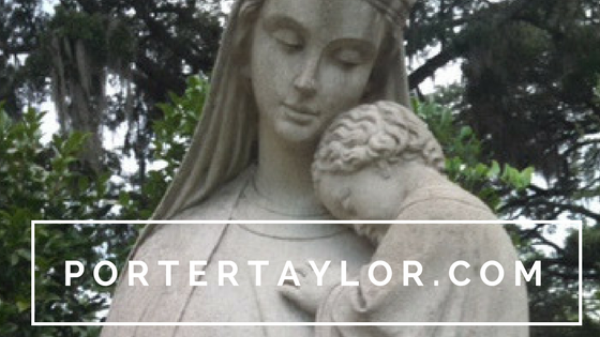September 4, 2024 Weekly Reflection
Today in the Episcopal calendar is the feast day for Paul Jones, the bishop of Utah from 1914 to 1918. He had a short tenure because he spoke publicly and often about his resistance to the USA’s involvement in World War I.
Bishop Jones was opposed to the German brutality during the First World War. He wrote, “I believe most sincerely that German brutality and aggression must be stopped, and I am willing, if need be, to give my life and what I possess to bring that about.” However, Bishop Jones did not see war as the means to stop what was going in in Germany. In addition, he was against all wars.
In the old Episcopal hymnal there is a hymn that begins with these words: “Once to every man and nation/Comes the moment to decide” The next stanza says, “Then it is the brave man choses/While the coward stands aside.”
Bishop Jones received so much opposition to his antiwar stance from the Presiding Bishop and an assigned committee that he resigned as the bishop in April of 1918. He became a chaplain at Antioch College. In 1933 he was restored as a bishop but was not allowed to vote in the bishops’ meetings.
I think of Paul Jones because sometimes I play it safe. I certainly give my opinions in conversations, and I am careful about how I vote. Yes, I am conscious of using our money to help worthwhile projects. However, I realize that I talk and preach about the cross, but I wonder if I am willing to follow Jesus when the path leads me there. It’s easy to have convictions so long as there’s no cost. I think about my episcopacy and the times when I could have stood up and did not.
The time that comes to mind when I did stand up for the right thing was the General Convention voting on whether Gene Robinson could become the bishop of New Hampshire. I went into the convention ready to support him. I didn’t have doubt about how to vote, but I also didn’t feel at rest. I knew some of the opposition argument of affirming an openly gay bishop would be ugly, and they were. However, as soon as I met Gene Robinson, I felt more certain about the rightness of this move. This wasn’t merely some ethereal issue. This was about a human being, a child of God, a follower of Jesus, a priest who vowed to serve the Church and was equipped to do so as a bishop.
I am by no means an ethics scholar. However, meeting Gene Robinson pushed me beyond labels and as a result, helped me to realize this wasn’t an abstract issue. This was about a man who was simply seeking to find the way to being the person God created him to be so he could serve the church he loved and a Church that was called to live out its theology.
Of course, I realize that we can’t know everyone or everything when there’s a decision to make, but for me the first step is to get beyond labels. When I met Gene Robinson, I knew immediately that he is a child of God and a wonderful gifted ordained person who would become a great bishop.
Therefore, when I think of Paul Jones and his resistance to the war, I wonder if we as a country can get beyond our labels of Democrat and Republican. I wonder if we can find a truce from the name calling and small definitions and instead of removing the people we disagree with, to welcome a different way of seeing what needs to be done. I mean what if we at least said to ourselves if not aloud, “This is what I believe, but I could be wrong,” and then listen to one another?
At the end of the General Convention, Presiding Bishop Frank Griswald ended by quoting a line from the poet Rumi:
“Out beyond ideas of wrongdoing and rightdoing there is a field. I’ll meet you there.”
If we could get to the field, then like me with Bishop Robinson, we would just see a person and not the boxes in which we’ve placed one another. Because Paul Jones knew what we must learn over and over again: it’s time for the war to be over.
